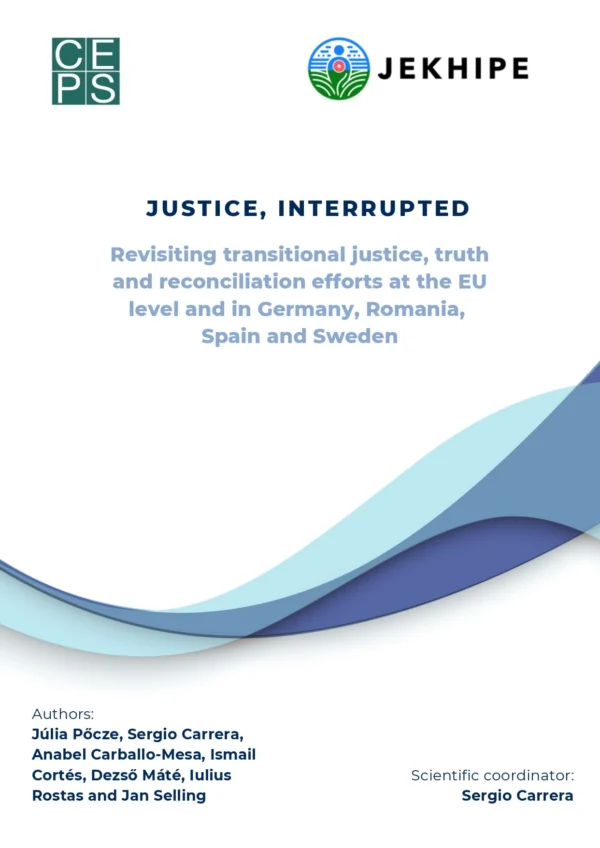Technology has played a crucial role in ensuring the continued functioning of criminal justice at the EU and national level during the Covid-19 emergency. At the same time, the use of (old and new) technologies can profoundly affect the roles, prerogatives and rights of professionals and individuals involved in, or concerned by, the administration and delivery of criminal justice. Verification of the impact that ‘digitalisation of justice’ initiatives can have on all criminal justice stakeholders is therefore necessary to prevent problems for fundamental rights and rule of law. The High-Level Expert Group (HLEG) on Criminal Justice in the Digital Age has examined how different technologies can affect the functioning of a variety of criminal justice systems, processes and practices at the national and European level. The HLEG’s discussions provided the expert knowledge needed to set out recommendations towards better EU policy and law making in the area of criminal justice in the digital age.
0


More CEPS Publications
6 Published Publications
Related Publications
Browse through the list of related publications.






